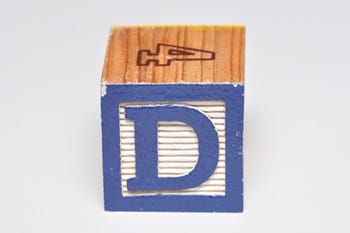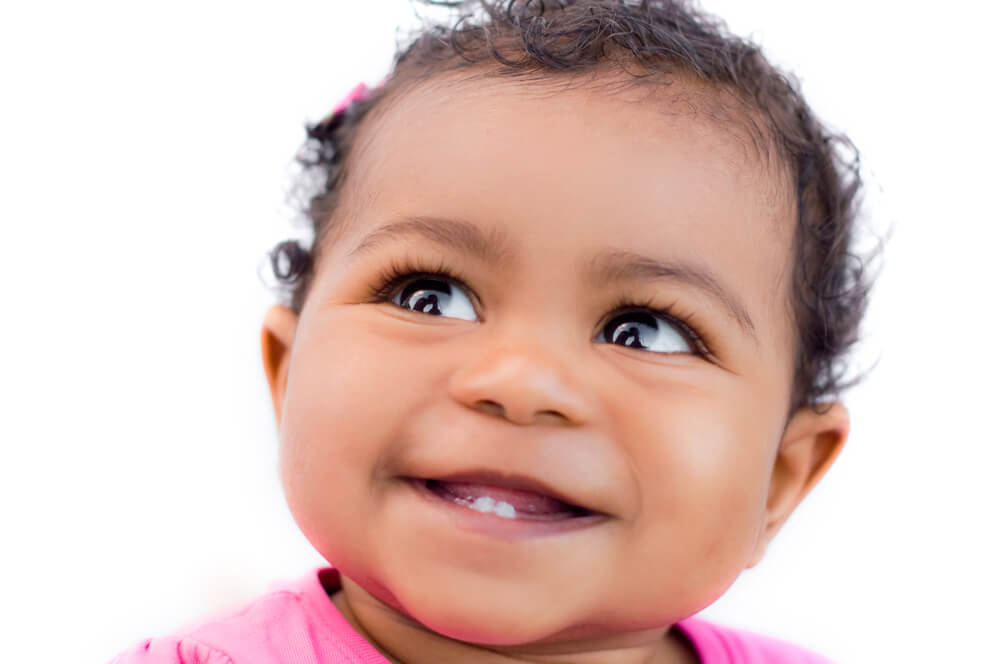Does Your Baby Need Vitamin D?

Is your baby getting enough vitamin D? The answer depends on what your baby is drinking - breast milk or formula that’s fortified with vitamin D.
People need vitamin D to help develop healthy bones and to prevent rickets, which causes deformed or weak bones, according to the Centers for Disease Control and Prevention (CDC). The CDC notes that it’s rare for breastfed babies to get rickets from a lack of vitamin D. However, babies could be at risk if they don’t get additional vitamin D from foods they eat, sufficient sunlight exposure (which isn’t recommended for babies) or a vitamin D supplement.
The Mayo Clinic says even though the best nutrient source for your infant is your breast milk, you likely will not provide him with enough vitamin D, which is needed to absorb calcium and phosphorus.
The American Academy of Pediatrics offers the following guidelines for babies and vitamin D:
- Babies who are breastfed or partially breastfed: Soon after birth, give your baby 400 international units (or 10 micrograms) of liquid vitamin D each day.
- Don’t give your baby more than the recommended amount of liquid vitamin D.
- Babies who are fed less than one liter (32 ounces) of vitamin D-fortified formula per day: Soon after birth, give your baby 400 international units (or 10 micrograms) of liquid vitamin D each day. Keep doing so until your baby drinks at least one liter per day.
- Use only the dropper provided with the liquid vitamin D, and read the instructions carefully.
When your baby is older and starts to eat solid foods, you can select foods that contain vitamin D, such as egg yolks, salmon and fortified foods, to help meet the daily requirement.
Talk with your child’s doctor for more information about vitamin D supplements.




